EL PAÍS offers the América Futura section open for its daily and global informative contribution on sustainable development.
If you want to support our journalism, subscribe
here
.
The first free town in America, San Basilio de Palenque, was founded by Benkos Biohó in 1603, in what is now Colombia.
This town, located in a corregimiento of the municipality of Mahates, was also where the routes that would lead hundreds of enslaved people to freedom in Cartagena, in the north of the country, were created.
And it means a lot in the history of the African diaspora, since it was proof that marronage —the process of resistance of enslaved people who escaped from settlers and foremen in search of their freedom— did conquer dreams of autonomy and independence.
Despite the fact that San Basilio de Palenque is one of the leading towns of the independence of Colombia, until just last year a black woman from Palenque came to the Congress of the Republic of Colombia: Cha Dorina Hérnandez, doctor of Educational Sciences and Social Pedagogy , member of the Historical Pact - the coalition of the current president Gustavo Petro- teacher by vocation and a leader who works to lead the country along paths that respect and value ethnic diversity and the role of women in our society.
The congresswoman pays a constant tribute to her Palenquero people.
Each conversation she begins by speaking in her language and she emphasizes freedom as one of the fundamental principles when working for her country and for her people.
In an interview with América Futura, the congresswoman talks about her plans, her sustainability and what it means for Palenque and the people of the African diaspora in Colombia to see her occupy such an important political position.
Hernández in the House of Representatives, on July 27, 2022.Santiago Mesa
Cha Dorina Hernández is also a living example that historical reparations are making their way in Colombia and the world, and that listening to the leaders of ethnic communities implies understanding the territories as part of a more complex and rich framework than is known today. .
She is the example that paying attention to black people is betting on a discourse that has been silenced for centuries and that is gaining ground and showing how significant it is for society to integrate these voices into public policy.
Question.
What has it meant to be the first palenquera representative?
Reply.
Being the first palenquera in Congress has great significance, because we are considered one of the first free peoples in America, but until now, we can reach a space of power.
What this indicates is that there is a continuity of the Maroon history, of the history of the palenques, which is the same history of what it means to be a palenquero.
A palenquera is a free and independent woman.
Whether you see her or whether you see the basin she uses on her head, it immediately leads you to think about industriousness, independence, resistance, freedom, dignity;
because that type of work that the palenquera does is done precisely to have her own finances, to maintain her self-determination.
The idea of reaching Congress is precisely to be able to have those referents of what it is to be palenque and what it is to be a black woman.
How can we print that to the change in the country's order through laws and how to do this exercise collectively so that that look that is also Colombia remains there in legislation;
How can we think about the role of the State and bring to those governmental, legislative, and administrative actions that sense of how diverse the country is, that sense of what equality is?
Bring to those places the conversation of all of us who are a people who have not been in that space of patriarchal power, are affected by the same situations and how we are going to energize what is happening in Colombia.
Those are the great challenges facing us today and the real changes will be there.
Q.
What has the experience been like as an ethno-educator within Congress when it is known that in Colombia not enough is taught about race, racialization and blackness?
R.
We have had to look at how to build a narrative that does not come from regret, because they associate us with that.
They associate us with asking, with our hands outstretched, because we were enslaved, because we were excluded.
And the task is precisely to break with that imaginary, because we exist is precisely from a self-management that we have made, some self-repairs that we have made.
And when we talk about the palenquera woman, we are talking about a woman who cannot stop carrying out her political action, her cultural action, her economic action, because, otherwise, she does not have her being a palenquera [being free].
There is a view that we are less and that we deserve less, that we are the dispossessed and banished from possibilities.
And that's not what it's about.
If our territories are so rich and are so coveted, if there has always been that great capital and, today, the megaprojects, then why are we human beings from that ecosystem the poor ones?
That we have been impoverished is different, it is not that we are the poor.
As an ethno-educator, I have had to place that perspective elsewhere, that we are the geopolitically strategic territories of this country.
We are not poor, we have been impoverished.
We are not here lamenting nor are we asking.
We are demanding and we are seeking that Colombia does not continue with this possibility of excluding, setting aside, discriminating,
because what the country has done is waste some possibilities of wealth.
To continue having a retrograde, backward, conservative capitalism.
It is important to see how all the rights of the people who have been able to maintain that territory and grow as Colombia are articulated.
This is an issue that interests us all as a country and that is where I try to influence.
Cha Dorina Hernández wears earrings in the shape of the African continent, in the Congress building, on November 15, 2022. Chelo Camacho
Q.
Within the black and palenquera agenda, is there a concern for sustainability?
R.
_
We are in management, because we have historically been clear about the issue of sustainability, because we have understood the territory, nature, our context as part of who we are.
We do not separate ourselves from that ecosystem, because attacking our water sources, attacking our nature, is attacking ourselves.
At this moment we are working so that the law accompanies these initiatives, in which people accompany the territory.
It is not enough that we are diverse, that we are black, that we are indigenous;
Rather, it is necessary for us to determine what is done in our territories, to work for our autonomy from a financial, administrative and self-government level with ethical codes and cultural codes of sustainability for the planet.
Q.
What will be the priorities in your management as a representative?
R.
In general terms, we need the Congress of the Republic to order this country, but from the laws, and that these allow them to be at the service of the majority of the country.
That is our responsibility.
Right now the laws are at the service of the machinery, of the businessmen who have created a clientele and a market with all those rights of Colombian society, so we have to legislate so that the country is once again at the service of the majority.
We need to continue working for the historical reparations of the peoples that have been excluded: the Afro-descendants, the indigenous, the peasants, the diversities.
We need to continue studying and reviewing what has happened to our territories.
Some of our territories are reserved for the nation.
That is to say,
They are under a legal figure that considers them natural reserves, but this has occurred while the Afro peoples were already inhabiting there.
So, they have left us as third parties who live in wastelands, but now they are kicking us out because of the megaprojects.
There are some archival documents that show how black communities have been inhabiting those territories, so we need to legislate so that these territories are in the hands of the peoples to which they belong.
We need some funds regarding these repairs that go to basic sanitation, access roads, drinking water, health.
The speech is not enough, the economic possibilities are needed to attend to that.
Mobilization is needed
Cha Dorina Hernández outside the National Capitol. Chelo Camacho

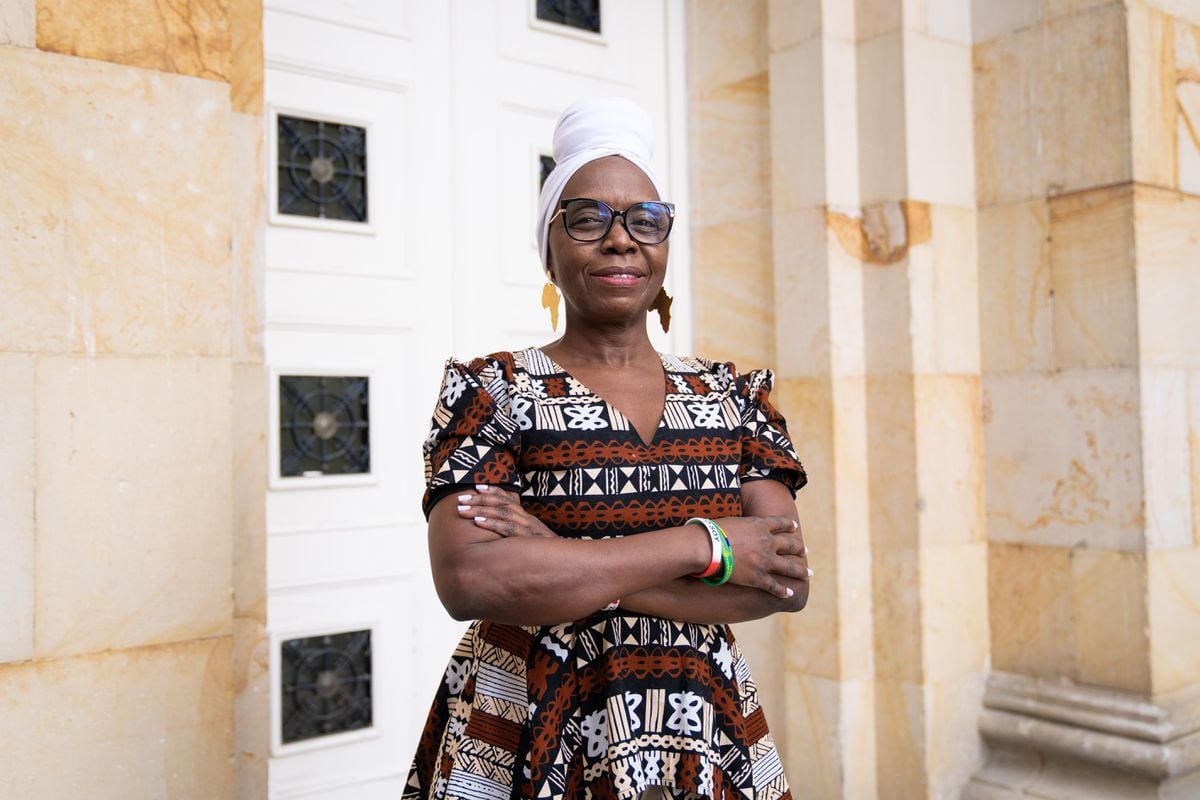
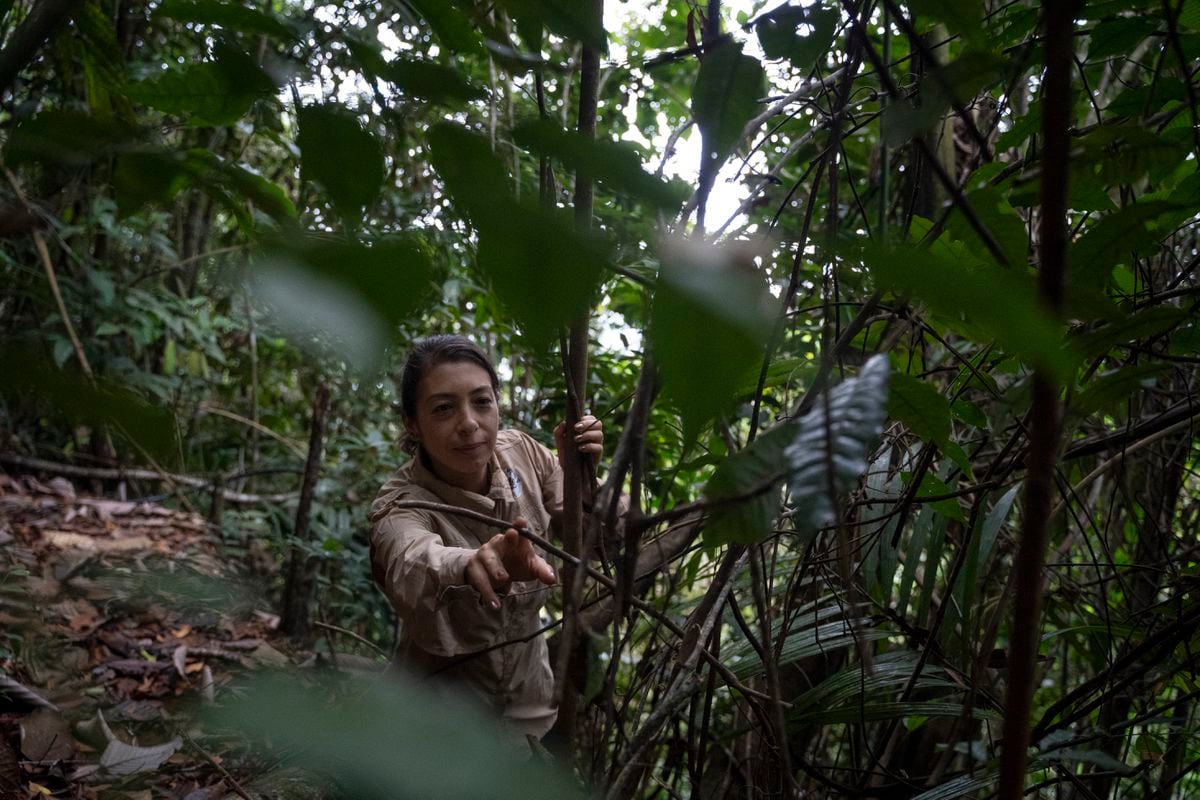
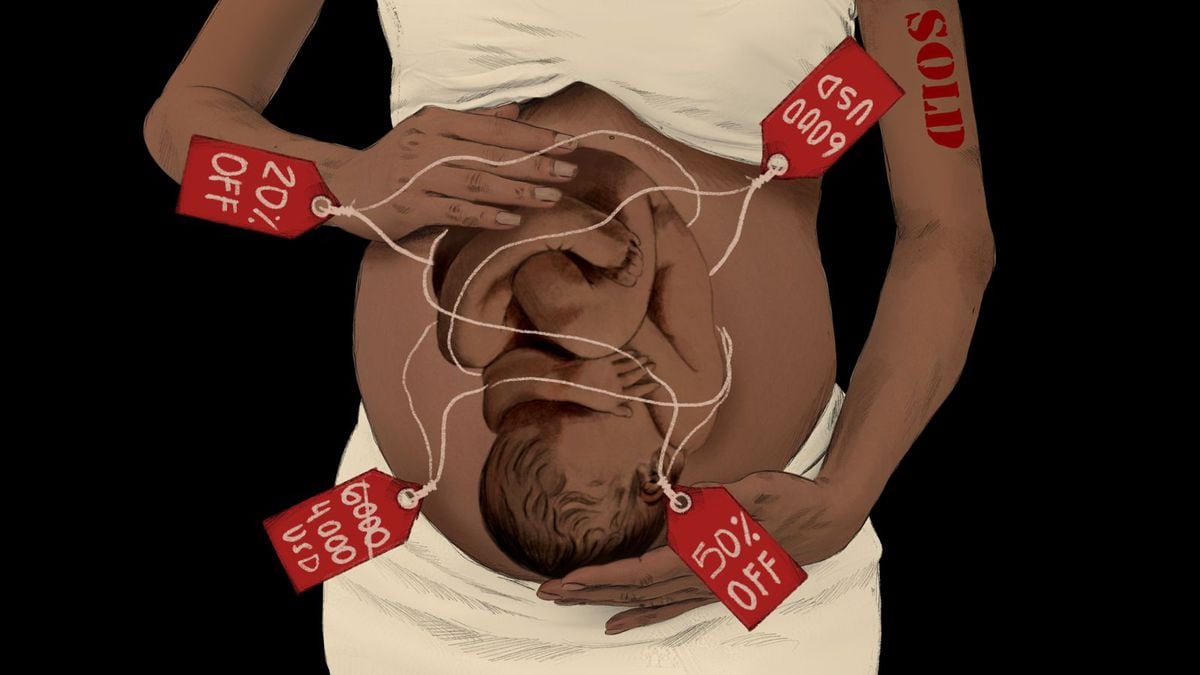

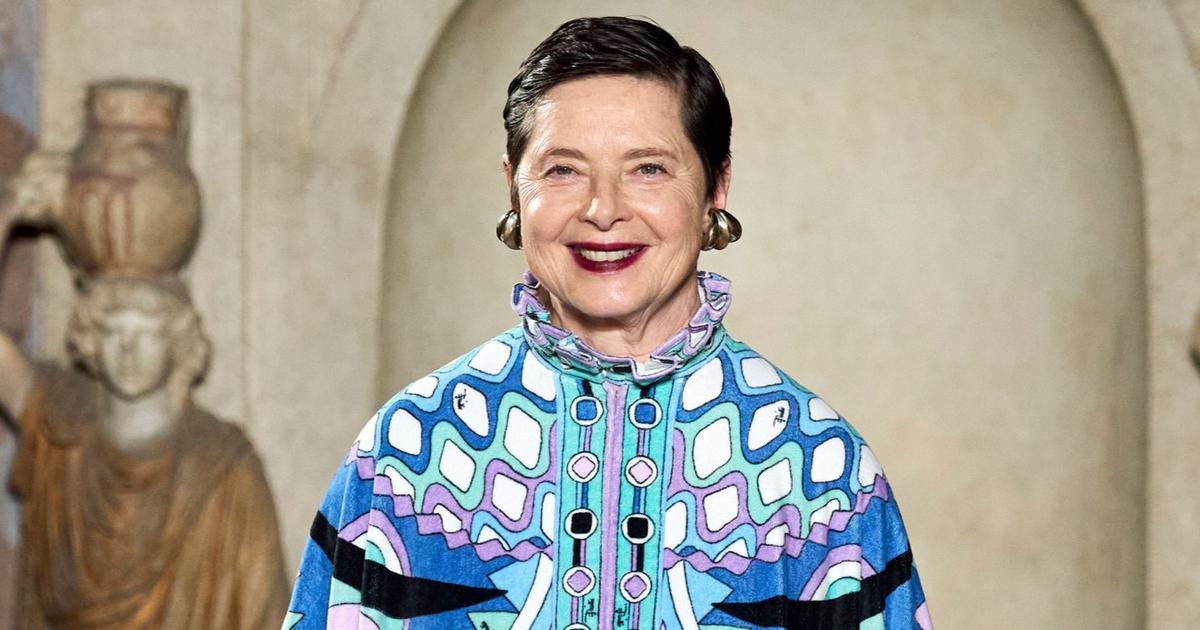

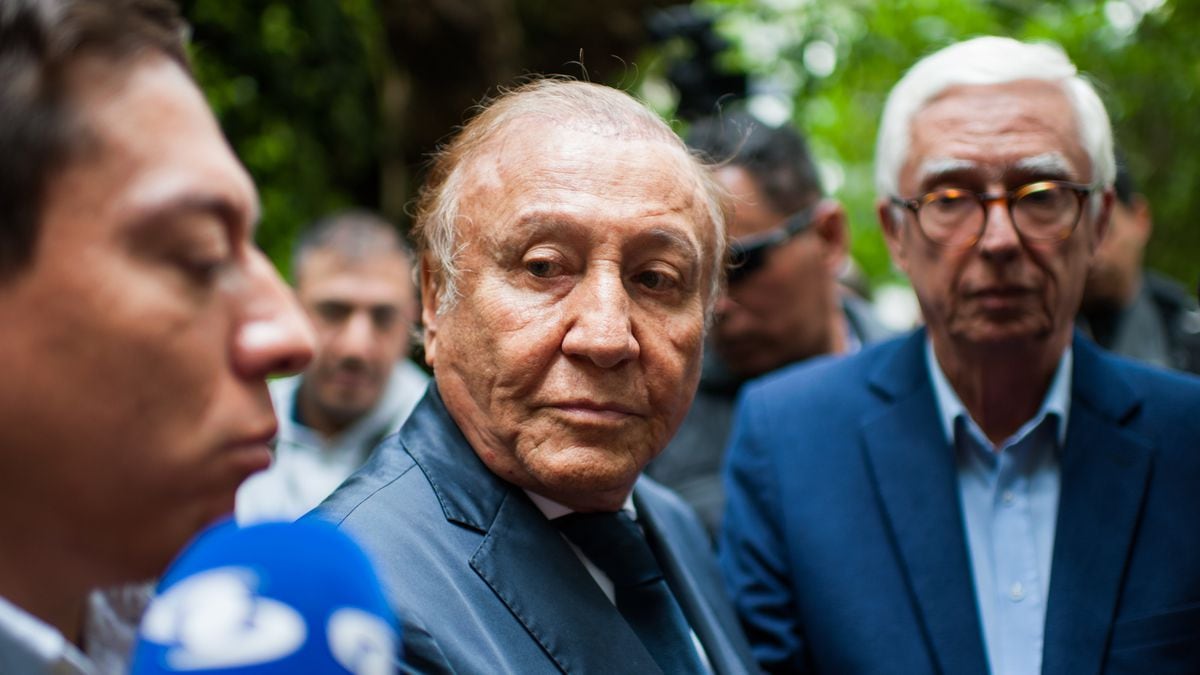




/cloudfront-eu-central-1.images.arcpublishing.com/prisa/KMEYMJKESBAZBE4MRBAM4TGHIQ.jpg)


